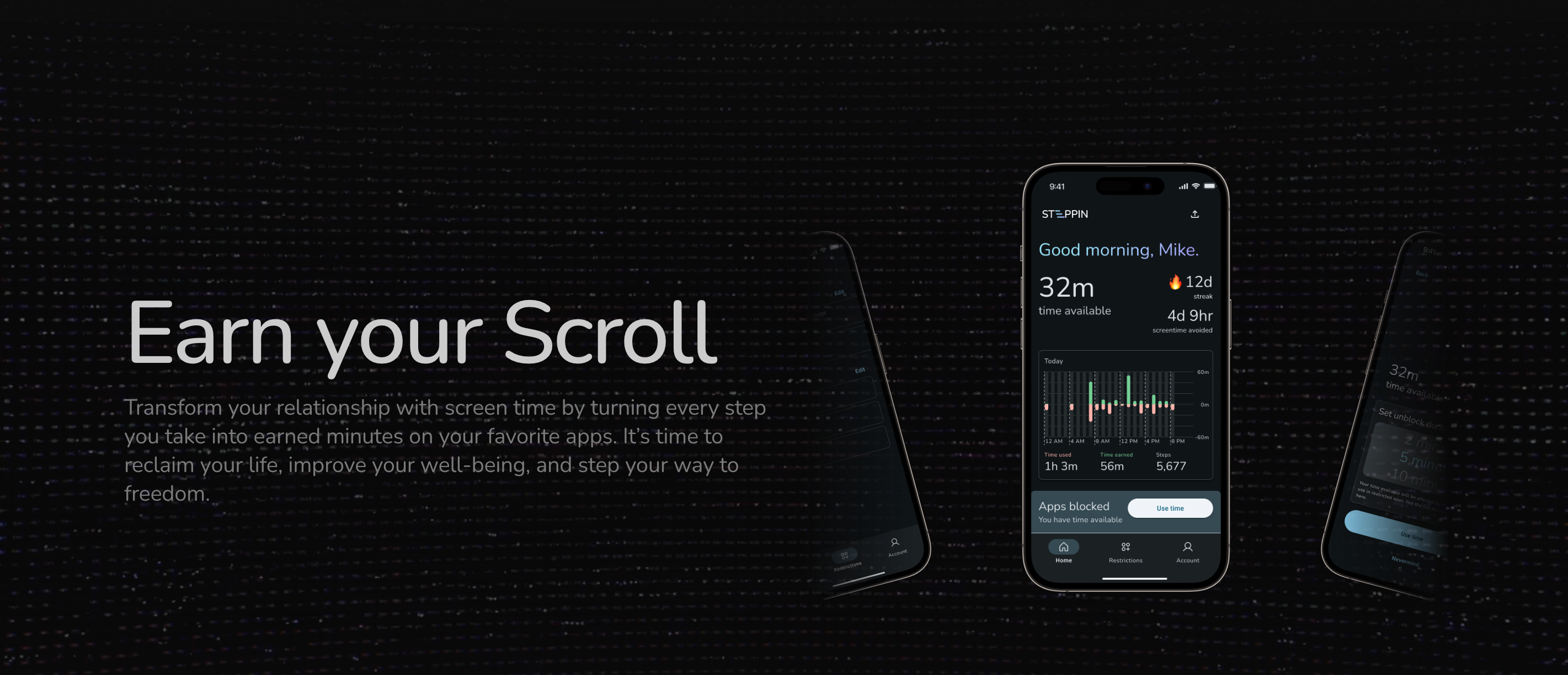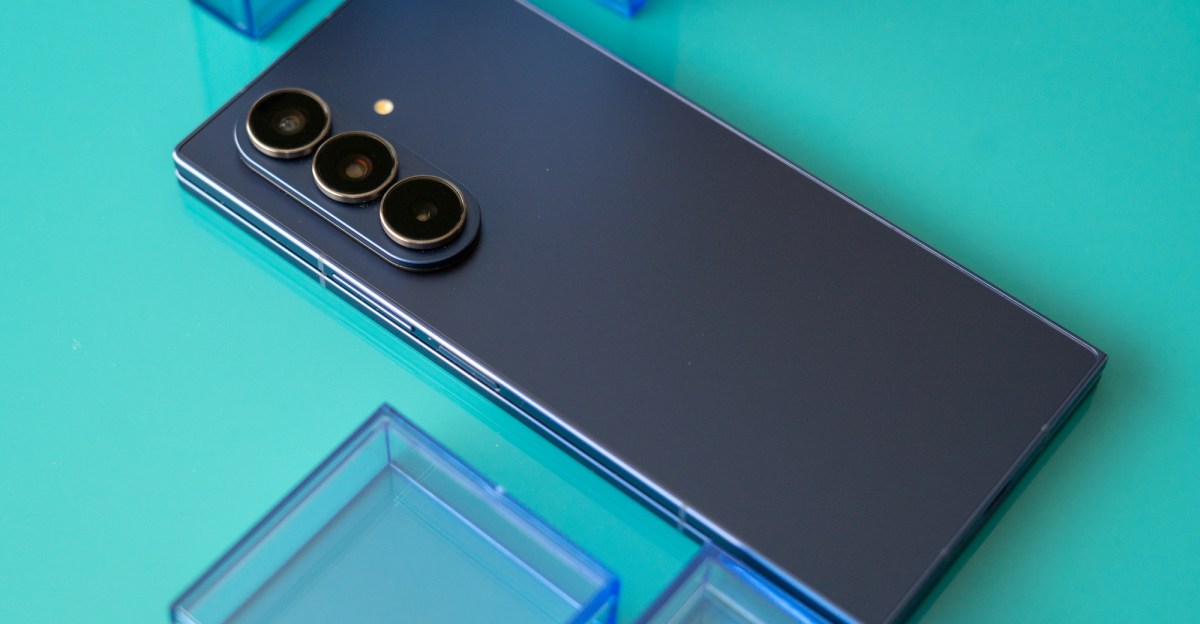Technology
Paul English developed Steppin to make the users walk away from their mobile phones to earn time on them.
Paul English and his family took a van on a long drive to Toledo, Spain, while vacationing in Madrid in September. Sometime during the scenic hour-and-a-half road trip, they all found themselves glued to their phones, scrolling through their Instagram and X feeds.
“Someone remarked, ‘We’re in this beautiful country, we probably shouldn’t be using our phones,’” English recalled. “Then we talked about different ways to motivate people to not use their phones.”
This is where the early idea of the Steppin app came about. English — an entrepreneur and activist who co-founded KAYAK, Lola Dating, Deets, and many other apps — developed Steppin to make the users walk away from their mobile phones to earn time on them.
The user needs to take at least 100 steps to gain one minute of screen time on their most-used apps. Users can increase the number of required steps.
“We talked about different ways to motivate people to not use their phones,” English said. “What if we limited it to physical activity, so you have to get outside and walk around, and based on that we’ll give you a little bit of social media?”
English developed the app under Boston Venture Studio, a startup English also co-founded. English worked on the project with his fiance, Rachel Cohen, and his son Mike English, who designed the app.
Mike English said the problem with phone addiction is “overwhelming” across the world and that Steppin provides a “really good but simple solution” to the issue.
The average person spends six to seven hours each day on their phones, with one-third of that time spent on social media, according to DataReportal figures. To earn two hours scrolling through feeds, a Steppin user must take a minimum of 12,000 steps.
“[The app] connects to something outside of your phone,” Mike English said. “Phone addiction can’t be solved with your phone alone.”

Paul English spoke about his overuse of Twitter, now X, and his realization of how “toxic” the app had become after Tesla CEO Elon Musk bought the app in October 2022. Developers tested Steppin early and Paul English said it helped kick the app off his home screen.
“My life is probably better because now I have more time to hang out with friends and family,” Paul English said. “I actually went and deleted Twitter from my phone once Steppin proved to me I don’t really need it.”
Other users say the app is helping them as well. After its official launch on Jan. 7, Steppin was installed on over 1,000 phones. Paul English said he’s gotten several testimonials, from a graphic designer who felt a lot more productive from her time away from social media to a personal trainer who is recommending the app to clients.
Not just for the kids
While Steppin was intended for Gen Z — who statistically spend the most time on their phones compared to other age groups — Paul English found that a lot of parents are using the app in tandem with their children and also benefiting from it.
“What we’re seeing is parents also emailing us to say, ‘I wanted my kids to use it, but then I realized I have a problem, too,’” Paul English said.
This is a strategy that David Bickham, a research director at the Digital Wellness Lab at Boston Children’s Hospital, recommends to families wanting to limit their children’s screen time.
Bickham said a parent who is trying to put an app like Steppin on their childrens’ phones might receive pushback from the child, or they may find a way to bypass the system. But they might be more receptive if the whole family engages with the app.
“It’s not just you being a dictator,” Bickham said. “There’s family building, and to some sense autonomy, of ‘let’s all do it together,’ instead of ‘we’re top-down forcing you to do something.’”
A survey from the Digital Wellness Lab that polled young people aged 13 to 17 found 42% of participants used an app or tool that tracked how long they used their device.
One thing Bickham said he is worried about when it comes to apps like Steppin is social media being treated as a reward. He warned young people not to treat social media as a “special activity” when using any tracking or locking apps.
“It becomes a category of behavior or a category of item that you’re seeing as really desirable and as really reinforcing,” Bickham said.
More to come
Paul English said the next steps for Steppin is to add a leaderboard system that creates a competitive element of who takes the most steps and who spends the least amount of time on social media.
When asked how this app differs from his other ventures, Paul English said that “The Steppin message has resonated stronger than the other apps we have … People just get it really quickly, which has been fun.”
Bickham said he encourages people to use the best apps that fit what they would like to accomplish.
“We should all try to be more intentional users of our devices,” Bickham said. “Using tools to do that is a way to be a more intentional user.”
Boston.com Today
Sign up to receive the latest headlines in your inbox each morning.


